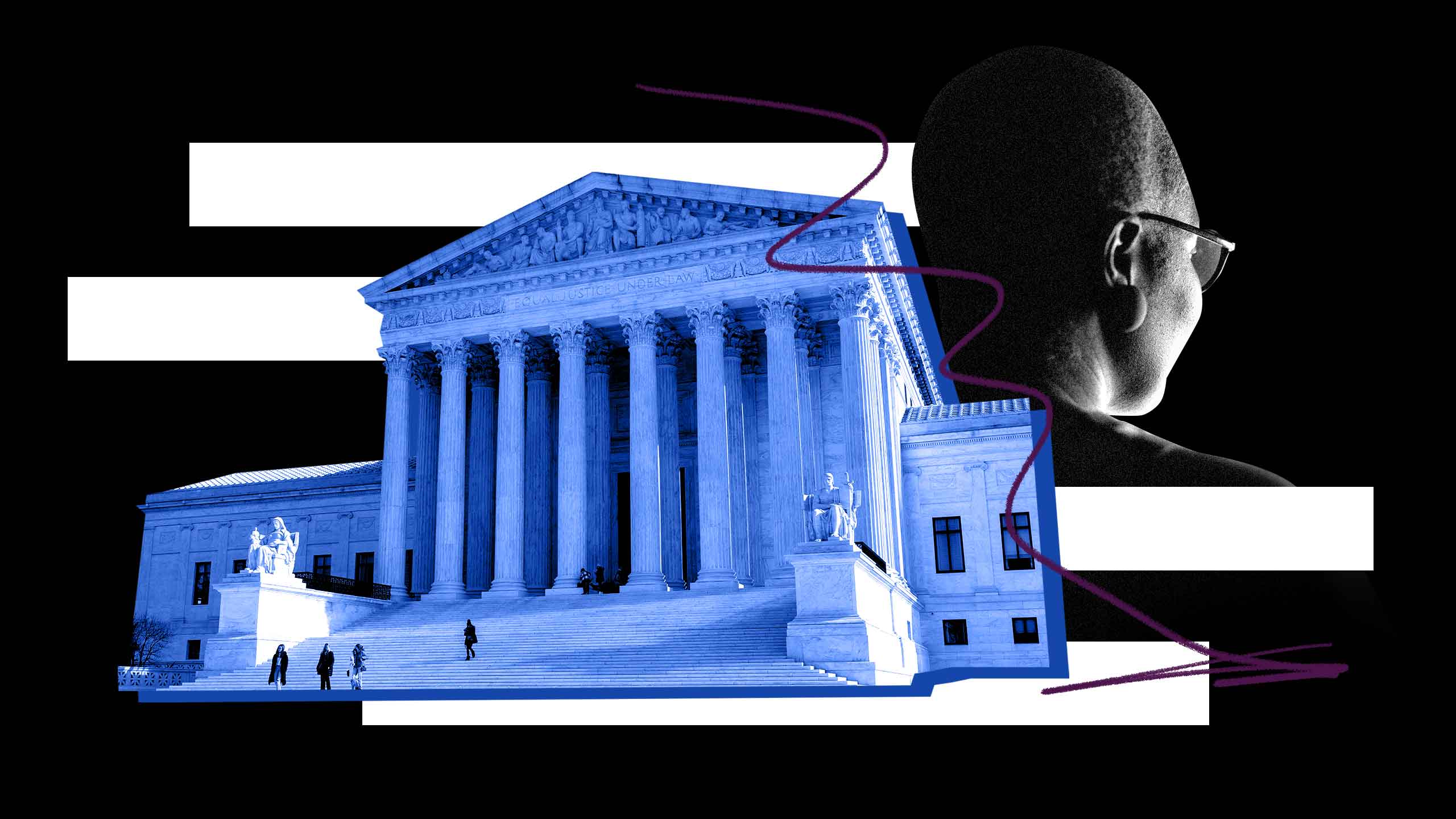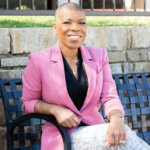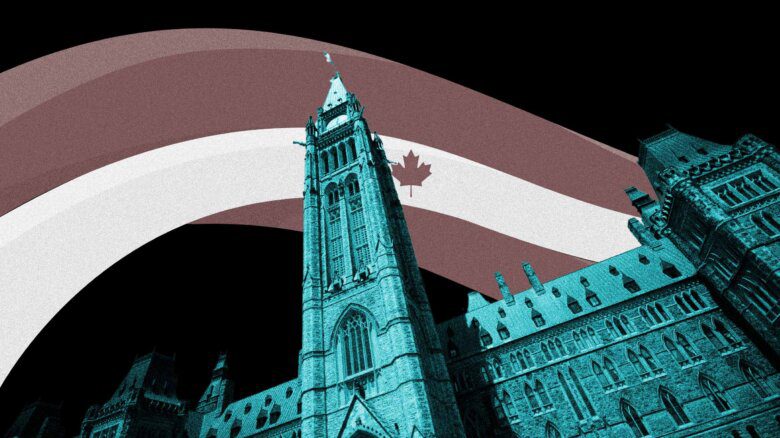The United States Supreme Court has existed for more than two centuries. In that time, it has had 115 judges, and none of them have looked like me. With Justice Stephen Breyer’s retirement, the time to change that is now. As a Black LGBTQ+ mom raising twin boys in Texas, I have spent my entire life watching my rights debated on the public stage by people who cannot fundamentally understand the experience of moving through the world in a body like mine.
The federal courts—which are still predominantly white and male—have determined whether my voice is heard in elections. They have decided how, when or even if I can access reproductive health care. They have decided whether or not my marriage is seen as equal under the eyes of the law; whether federal employment non-discrimination protections shield me from being fired because I’m gay; whether taxpayer-funded adoption agencies can turn my wife and me away; and whether commercial establishments such as a bakery can refuse us service in the name of religion simply because we’re a same-sex couple. Even now, they have the power to decide whether our children have access to quality education, regardless of the neighbourhoods they live in, and whether my community can seek legal recourse if we are targets of police violence.
“In 22 states, no justices on state supreme courts publicly identify as a person of colour.”
As the CEO of Family Equality, a national LGBTQ2S+ rights organization, I see every day how impactful the federal courts are on the daily lives of not just my family, but all families on the margins of society. Yet, in 22 states, no justices on state supreme courts publicly identify as a person of colour, including in 11 states where people of colour comprise at least 20 percent of the population. Additionally, only 1.6 percent of the federal judiciary openly identifies as LGBTQ2S+, despite LGBTQ2S+ people making up 5.6 percent of the population. This means that, in at least 22 states, the District of Columbia, American Samoa and Puerto Rico, there is not a single openly LGBTQ2S+ judge at any level, whether district or appellate.
With such immense power to issue decisions that affect us so deeply, both in the moment and for generations to come, it is imperative that our courts—especially the Supreme Court—represent the diversity of the country it seeks to serve. This is not only because it is fair and just, but because numerous studies show that life experience shapes the public’s faith in the judiciary, the deliberations among judges and the way that judges view law. In other words: our justice system is improved when judges come from a diverse set of backgrounds.
There are a number of highly qualified Black women (a handful of whom are also LGBTQ2S+) who are judges, attorneys and law professors with well established records demonstrating their commitment to and respect of the rule of law, democracy and the Constitution’s guarantee of liberty and justice for all. And fortunately, President Joe Biden understands the need for diversity in the federal courts, including the Supreme Court, and has already committed to nominating one of these qualified Black women to replace Justice Breyer.
But we can’t stop there. We need fair-minded judges who come from diverse backgrounds and lived experience on all levels of the federal bench. And, moving forward, this must include LGBTQ2S+ people of colour and transgender, non-binary and bisexual nominees.
In making the nomination and confirmation of more Black, Brown and openly LGBTQ2S+ judges a priority, the Biden administration can improve the credibility of the federal judiciary as a whole. Diversity amongst the federal bench is not just “nice to have,” it is a necessity and brings us closer to the promise of equality and justice for all.
It’s hard to overstate how important this moment is: the composition of the highest court in the nation and the decisions they make have real-life consequences on families and communities like mine. Myself, my wife and our two children deserve to be reflected in and protected by the leaders of the country we live in. We all do. This means nominating a Black woman to the Supreme Court, as the president has promised to do. It means that the nominee must be committed to upholding and ensuring equal justice for all—from racial, gender and LGBTQ2S+ equality to disability, labour and reproductive rights—and protecting our most vulnerable community members, including criminal defendants and those subjected to police brutality, above corporations and the wealthy. It also means ensuring that women, people of colour, the disability community and LGBTQ2S+ people are represented across the federal judiciary, creating the pipeline for LGBTQ2S+ women of colour like me and my wife to sit on the highest court of the land.
More than 200 years and 115 judges later, the nomination of a Black woman to the Supreme Court is the right thing to do, and it’s long overdue.


 Why you can trust Xtra
Why you can trust Xtra


